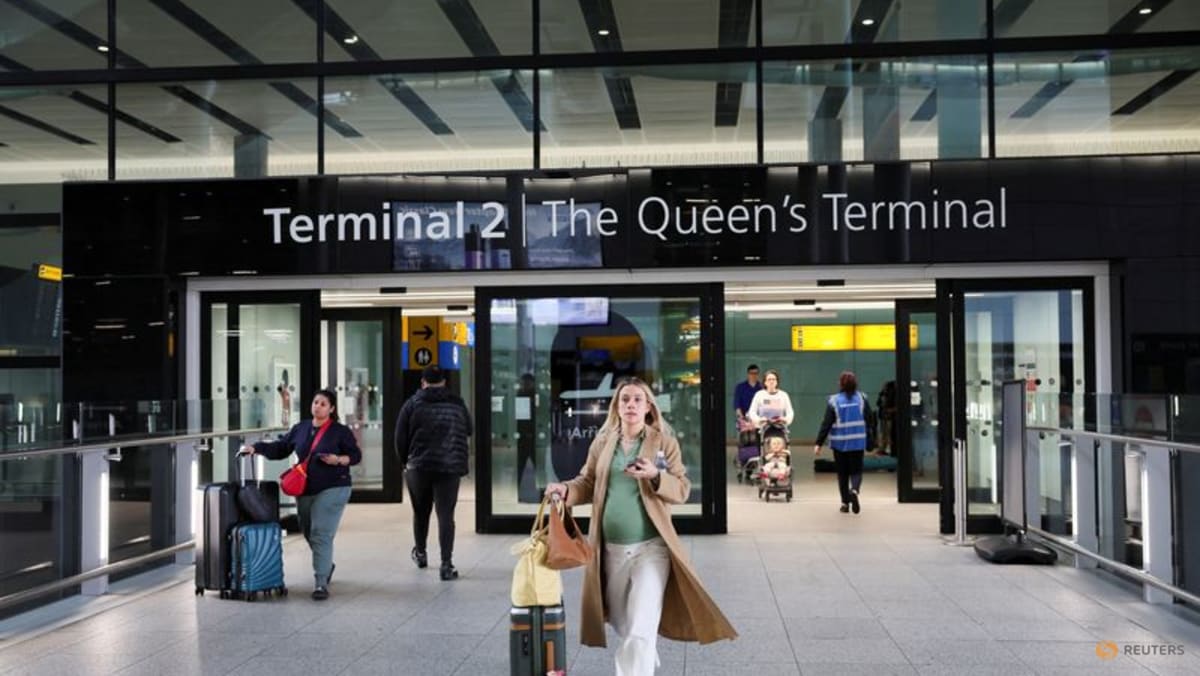European Airports Race to Fix Check-in Glitch After Hacking Disruption
European airports are struggling to restore normal operations after a cyberattack disrupted automatic check-in systems, leaving passengers facing long queues, cancellations, and delays.
Last Friday, hackers targeted Collins Aerospace, the provider of check-in and boarding systems used by several airlines, including London's Heathrow, Berlin Airport, and Brussels Airport. The attack caused widespread disruption to operations at these airports, with passengers reporting long waiting times and cancelled flights.
Airport officials and data suggest that while the disruption eased significantly in Berlin and Heathrow on Sunday, delays and flight cancellations were continuing. At Brussels Airport, 50 of Monday's 257 scheduled departures had been cancelled due to persistent problems with Collins Aerospace' software.
The Impact on Passengers
Airline passengers faced a range of issues as a result of the disruption, from long queues and delays at check-in counters to cancellations and missed connections. For some, like one passenger flying from Brussels, the disruption was minimal, with online check-in and pre-boarding procedures minimizing wait times.
However, for others, the experience was much more challenging. "For me, it was business as usual," said the passenger. "For those poor souls who didn't do online check-in or have bags to check, they may be waiting a bit."
The Response from Airlines and Regulators
LONDON'S HEATHROW Terminal 4 reopens after hazardous materials incident
Singapore Airlines resumes flights to Heathrow as airport reopens
Passenger's flight resume normal service
Airport officials said that they were working to resolve the issue, with manual check-in operations being used to mitigate the disruption. RTX, the parent company of Collins Aerospace, said it was working to fix the problem as quickly as possible and that the incident had impacted its MUSE software.
The Investigation into the Hacking
Regional regulators are investigating the source of the hacking, which is believed to be part of a larger trend of cyberattacks targeting various sectors. The latest attack has highlighted the vulnerability of critical infrastructure systems to cyber threats.
Background: Recent Cyberattacks in Europe
A breach at carmaker Jaguar Land Rover halted production, while another caused Marks & Spencer losses in the hundreds of millions of pounds. These incidents demonstrate the potential consequences of a successful cyberattack and highlight the need for robust security measures to protect critical infrastructure systems.
Conclusion: The Road Ahead
The resolution of this incident highlights the importance of preparedness, collaboration, and effective communication in responding to cybersecurity threats. As the aviation sector continues to navigate these challenges, it is essential that all stakeholders prioritize cyber security and work together to prevent similar disruptions in the future.
Stay updated with notifications for breaking news and our best stories Join our channel for the top reads for the day on your preferred chat app
